Recommended during the flu season as a preventive measure, 1 capsule a day, relieves flu symptoms and possible complications. If flu symptoms occur, increase the dose to a maximum of: 3 x 3 capsules
Contents : 30 Vegan HPMC capsules
- Directions for use: 1-2 capsules daily half an hour before a meal with water, do not exceed the dose. Use for 14 days and a break of 14 days, cycles can be repeated.
- Storage conditions: Store in a dry, dark place out of reach of children.
- NOTES: Do not exceed the recommended daily dose. Not for use by pregnant or lactating women or children under 7 years of age.
- The product cannot be used as a substitute for a properly varied diet.
Pelargonium sidoides is a plant from the Geraniaceae family, which is grown in the mountain plantations of South Africa. For centuries, it has been used by local people, mainly for respiratory problems, but also for gastrointestinal infections, gonorrhea and acne. Another name, umckaloabo, which means a sharp cough in the Zulu language, clearly indicates the main use of this plant by the natives. Pelargonium sidoides is a perennial with a tuberous root, heart-shaped or round leaves and dark red, tubular flowers. The most commonly used part is the root, from which local healers create mixtures.
The plant came to Europe in the late 19th century, thanks to Charles Henry Stevens, who, after curing tuberculosis in South Africa, spread the extract of the root of the African geranium in Great Britain. This extract was used to treat this deadly disease until the advent of antibiotics.
The anti-tuberculosis effect of African pelargonium was scientifically confirmed in the 20th century by the Swiss physician Adrien Sechehaye, who used an extract from the root of this plant to treat hundreds of patients and published the results on 65 patients cured of tuberculosis in 1929.
After some time, the African geranium was forgotten, but it made a comeback after 1970, when it was identified as containing chemical compounds with potential medicinal properties.
African pelargonium gained medicinal importance in the 1980s thanks to its 11% ethanol extract (EPS), which was registered in many countries around the world.
The main active substances of African geranium, responsible for its therapeutic properties, are primarily coumarins, of which umcalin constitutes as much as 40%.
In addition to umkaline, the plant also contains:
• proanthocyanidins,
• mono- and polyunsaturated fatty acids,
• coumarin glycosides,
• flavonoids,
• phenolic acids.
Although individual substances have different modes of action, their interaction in the extract contributes to achieving much more effective therapeutic effects. The antibacterial effect of African geranium affects not only tuberculosis bacilli, but also:
• Pseudomonas aeruginosa,
• Group A streptococci,
• Bacillus pneumoniae,
• influenza bacillus,
• Staphylococcus aureus,
• E. coli,
• diplococcus pneumoniae.
African geranium demonstrates high antibacterial efficacy, especially against microorganisms associated with the respiratory system. Its antiviral activity is also versatile. The mechanism of antiviral and antibacterial activity of substances contained in African geranium is multifaceted. It includes, among others, stimulation of phagocytosis, increased production of interferon and other proinflammatory cytokines, and release of free oxygen radicals and nitrogen oxide.
These actions help prevent pathogens from adhering to the cells of the respiratory tract epithelium and their reproduction inside the cells. Additionally, the movement of the epithelial cilia increases, which facilitates the removal of secretions from the respiratory tract. Polyphenols and flavonoids contained in African geranium also have immunomodulatory properties, strengthening the body’s defense in the fight against infection.
The properties of compounds contained in African geranium formed the basis for the use of an extract from its root in the treatment of acute respiratory infections in both adults and children.
Numerous studies indicate the beneficial effects of African geranium extract in relieving symptoms of colds and uncomplicated upper respiratory tract infections in children. A significant reduction in the intensity of symptoms (such as runny nose, cough, headache and sore throat) and a shortening of the duration of the disease have been documented.
In confirmation, it is worth mentioning one of the newer studies, published in 2021 by Şule Gökçe, Burçe Emine Dörtkardeşler, Ali Yurtseven and Zafer Kurugola. This study, which included 164 children aged 1–18 years, was randomized and placebo-controlled. It was found that after 7 days of treatment with EPs, the symptom severity index decreased significantly, compared to the placebo group. In particular, a reduction in the frequency and duration of persistent dry cough, fever and sneezing, which are particularly troublesome for patients, was noted.
Geranium root (Pelargonii radix), or more precisely, an extract from this root, relieves the symptoms of acute rhinitis and sinusitis and colds in adults and children over 6 years of age.
According to a 2013 Cochrane Database of Systematic Reviews review, geranium root is particularly effective in treating acute respiratory tract infections, including sinusitis, which was confirmed by a meta-analysis of randomized trials, and is highly recommended in the treatment of acute respiratory tract infections.
Pelargonium is effective in fighting bacteria that cause respiratory infections such as:
• Haemophilus influenzae,
• Klebsiella pneumoniae,
• Pseudomonas aeruginosa,
• Staphylococcus aureus.
The content of coumarins in the raw material makes it difficult for bacteria to adhere to the surface of the respiratory epithelium, which facilitates their faster elimination. Proanthocyanidins, in turn, prevent the colonization of the respiratory epithelium by bacteria. Additionally, geranium root extracts have antiviral effects against influenza, parainfluenza and coronavirus viruses.


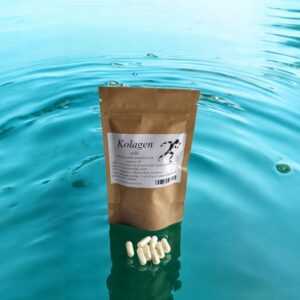
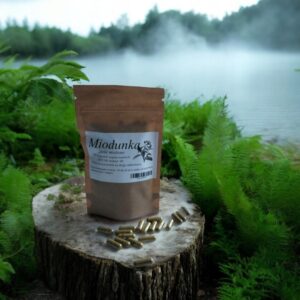

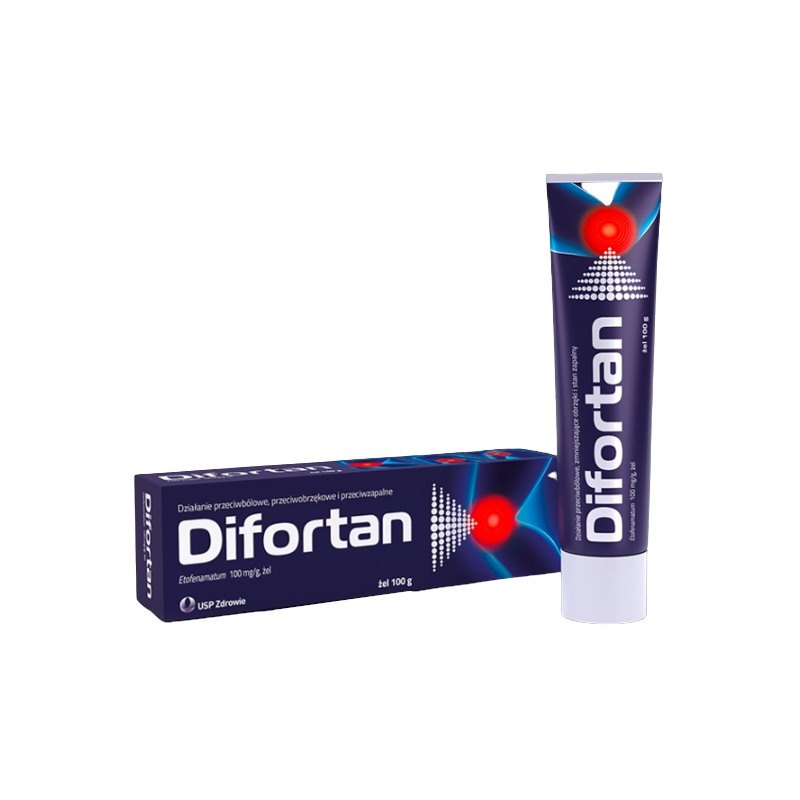
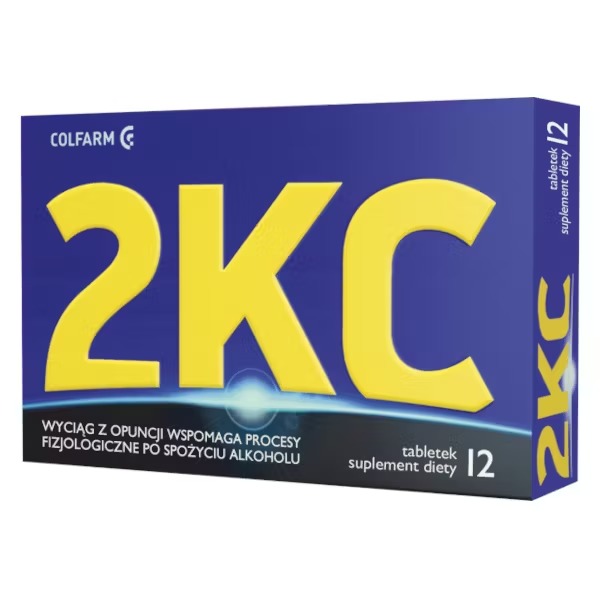
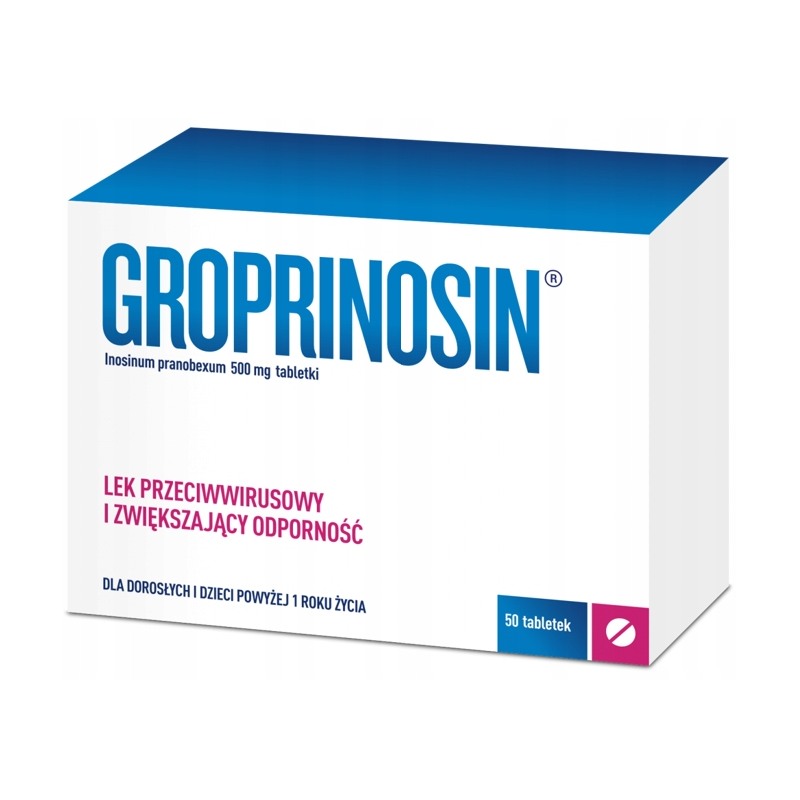
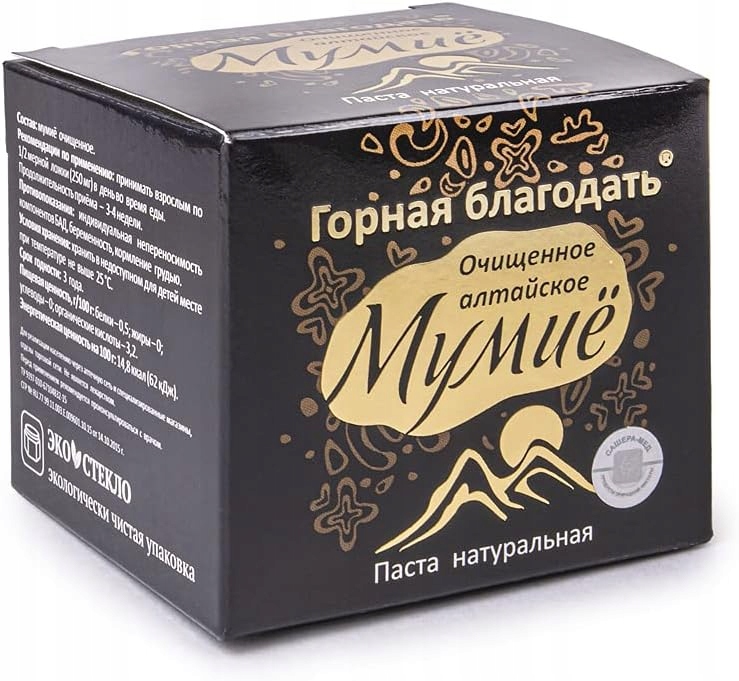

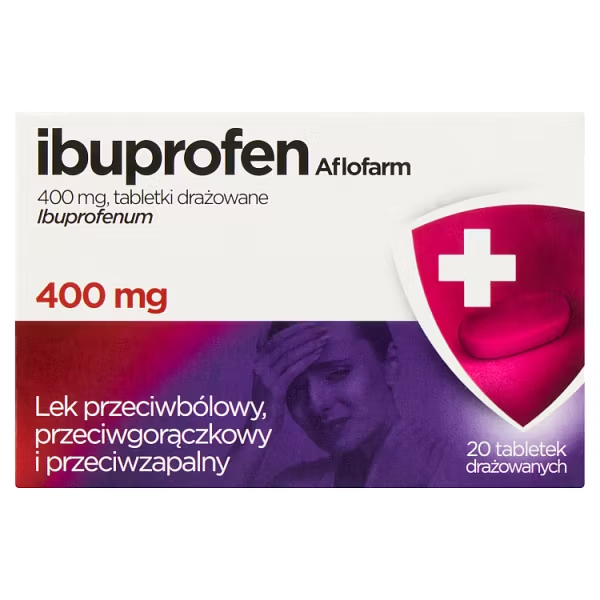



























Reviews
Clear filtersThere are no reviews yet.